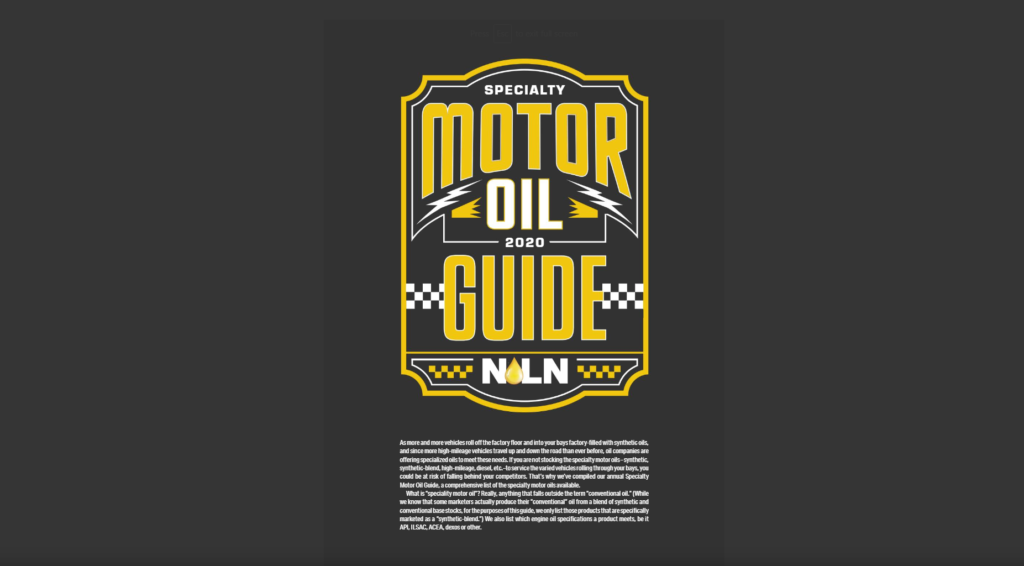
In a world that is gravitating towards “Organic” and “All-Natural”, why would something synthetic have an advantage over its conventional counterpart? In today’s blog, we are going to discuss the differences between synthetic and conventional motor oil.
For Starters: What is the Main Difference Between Conventional and Synthetic Oil?
Conventional oil uses crude oil as its base, which is then refined into motor oil that you get at your favorite quick lube. Synthetic oil is a man-made chemical compound specifically designed to lubricate conventional combustion engines.
What’s With the Excitement Over Synthetic?

With the recent rapid advancements in the automotive industry as a whole, gasoline engines have become increasingly complicated. This is due to tighter tolerances among their moving parts, as well as higher compression ratios (i.e. turbocharged and hybrid engines). Because of these innovations, synthetic oil is perfect in these engines as it evaporates less rapidly and won’t produce sludge as quickly as conventional oil. Another bonus is having to change your oil every 7,500-15,000 miles instead of every 3,000-5,000 miles when you use conventional oil.
Which Oil Performs Better in High and Low Temperatures?
Because it contains a higher viscosity index, synthetic oil is more resistant to high temperatures. This same viscosity property allows synthetic oil to flow better in cold temperatures, which means weather doesn’t get in the way of great performance with synthetic oil.
Can You Switch From Using Conventional Oil to Synthetic Oil?

Did you know back in the 1970s, synthetic oil sometimes degraded the seals in the engine made of a certain material? This leads people to believe that today’s synthetic oil contains the same formula that degrades engine seals. The truth is, you can switch from conventional to synthetic without consequence. However, some people may notice an existing leak after your first synthetic oil change, as synthetic oil tends to clear conventional oil build-up.
If you are driving a car that is older than synthetic oil’s ubiquity, its use may not give you the advantage you’re looking for. Because of this, many oil manufacturers offer comprehensive guides to determine which oil is best for your individual needs.

Don’t know where to start when it comes to topping up your oil? Check out NOLN’s 2020 Specialty Motor Oil Guide to get started on your journey!
« Back to Blog
